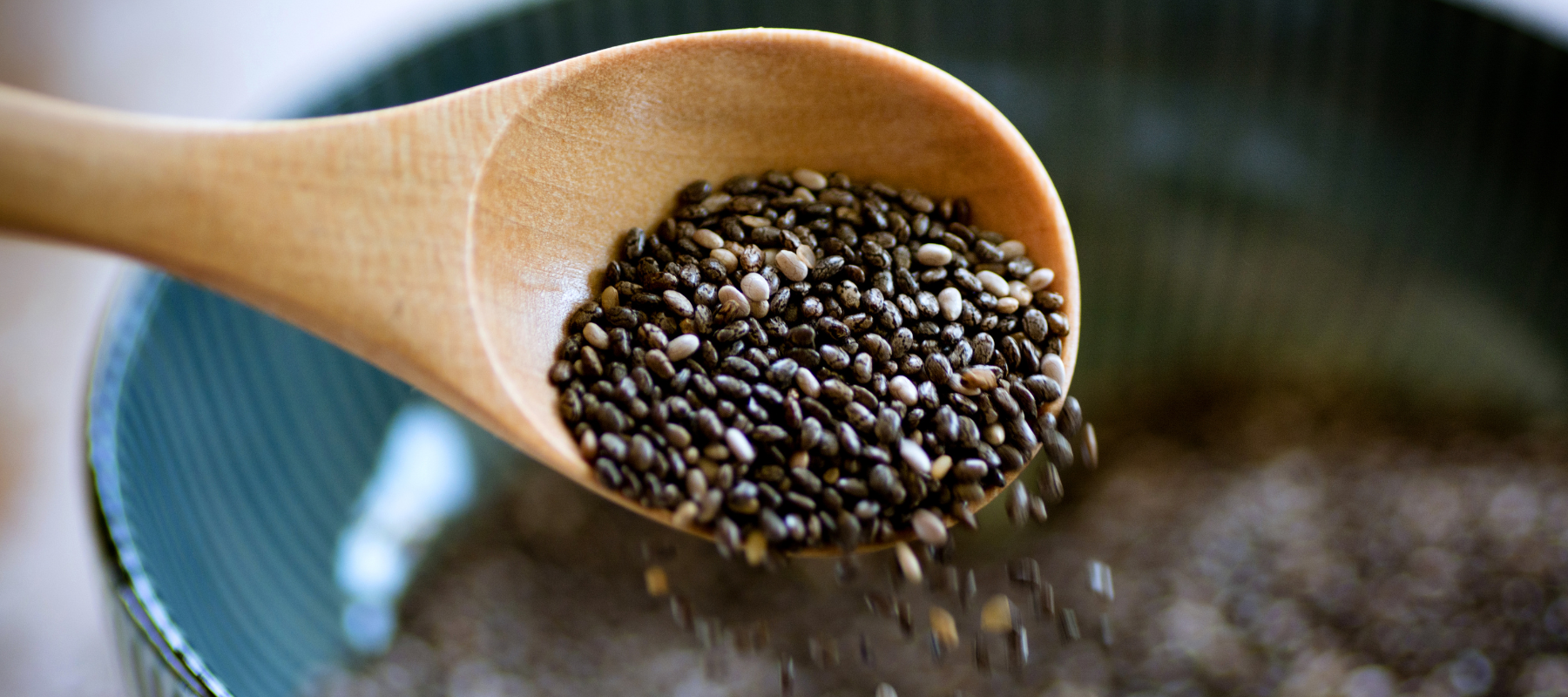The 5 Keys to Emotional Well-Being During Winter

Nervous about the occasional winter blues? Fear not! Take a look at this full “survival guide” to help out. Truth is, there are many things you can do to support mental well-being and mood. Implement all 5 of these tips, and you’ll notice a big difference over the next few months.*
1. Sleep Deeper, Longer
Sleep is the #1 biohack proven by science. Winter brings much more stress, due to shorter days, holiday obligations, and a lack of sunlight and social activity. Good sleep habits are the first step to pushing through that added stress, keeping your body and mind refreshed.
First, remove all types of screens an hour or so before going to bed. The blue light from your phone, tablet, or computer prevents melatonin production, which is very important in the regulation of sleep-wake cycles. We recommend setting an evening routine where you listen to chill music, read a fiction novel, or spend time with family to wind down.
Aiming for 8-9 hours of sleep each night is crucial too. You will feel a massive lift in mood, which can fight off those natural winter blues. This is because sleep helps regulate normal brain function – including your mental well-being. Healthy sleep habits also improve your ability to deal with stressors.
2. Get As Much Sunlight as Possible
Before you say “but I don’t have any sun where I live”... Just hear us out! A big contributor to feelings of low mood in winter is the lack of sunlight. That’s because the sun helps synthesize a very important vitamin for our bodies: Vitamin D. Vitamin D, otherwise known as the "sunshine vitamin," plays a role in supporting energy and mood.* If you have to bundle up, so be it! Step outside and get some sunlight.
Whenever possible, spend at least 20 minutes outside in natural daylight. Even on gloomy days, the sun is still there behind the clouds. It will help activate the skin's production of vitamin D, and your brain needs that for a healthy mood.* If going outside isn't an option, you might consider investing in a light therapy lamp designed to mimic natural sunlight.
Besides the production of vitamin D, exposure to the sun will regulate your sleep-wake cycle. This plays a natural role in your well-being and mental health. Plus, you can maximize your exposure time by keeping the blinds open and sitting near windows during the workday.
3. Pay Attention to Your Serotonin
Serotonin is known as the "feel-good neurotransmitter." This chemical messenger essentially dictates your mood and well-being in the brain. Fun fact: 95% of serotonin is made in the gut!
Your body produces less serotonin in winter months. However, you can support healthy serotonin production by consuming certain nutrients.* For example, an amino acid called L-tryptophan is the precursor to produce serotonin.
Consider incorporating some L-tryptophan-rich foods into your diet, such as oats, bananas, and nuts, or take Serotonin Brain Food™ to support your mood.*
4. Extra Workouts and More Movement
While the weather outside might want you to cling to your couch and hibernate, resist the urge! Exercise releases endorphins, and those chemicals are responsible for reducing stress. Regular movement increases blood flow to the brain, which helps improve memory, cognitive function, and even problem-solving skills.
Indoor activities are just as great if the weather doesn't allow for outdoor workouts. Try bodyweight exercises, yoga, or even go through a virtual fitness class to get your heart rate up daily. Not only does this support a positive mood, it also can cultivate a sense of purpose during an otherwise dreary time of year.
5. Feed Your Brain with Seasonal Superfoods
Ever wonder why you just feel out of it in the winter? Well, when we feel stressed or exhausted, we tend to neglect our nutrition. Eating nutrient-rich seasonal foods can power you through the winter months and support a positive mood.
Which nutrients should you focus on? Here are a few:
Magnesium – for relaxation and sleep quality*
Vitamin D3 – to support brain health.*
Saffron Extract – which may help maintain healthy serotonin levels*
Ashwagandha – for calm and relaxation.*
In addition to the extra ingredients, make sure you’re eating whole foods. Cook some nutrient-rich seasonal foods too.
- Brussel sprouts
- Apples
- Carrots
- Winter Squash
- Pears
- Cabbage
What to Do About Winter Blues
Don’t let the occasional winter blues get you down! If you focus on a few lifestyle changes the next few months, you may be surprised at how energized, happy, and motivated you feel! Create a consistent routine that uplifts you, and implement these 5 tips into your daily life.

















